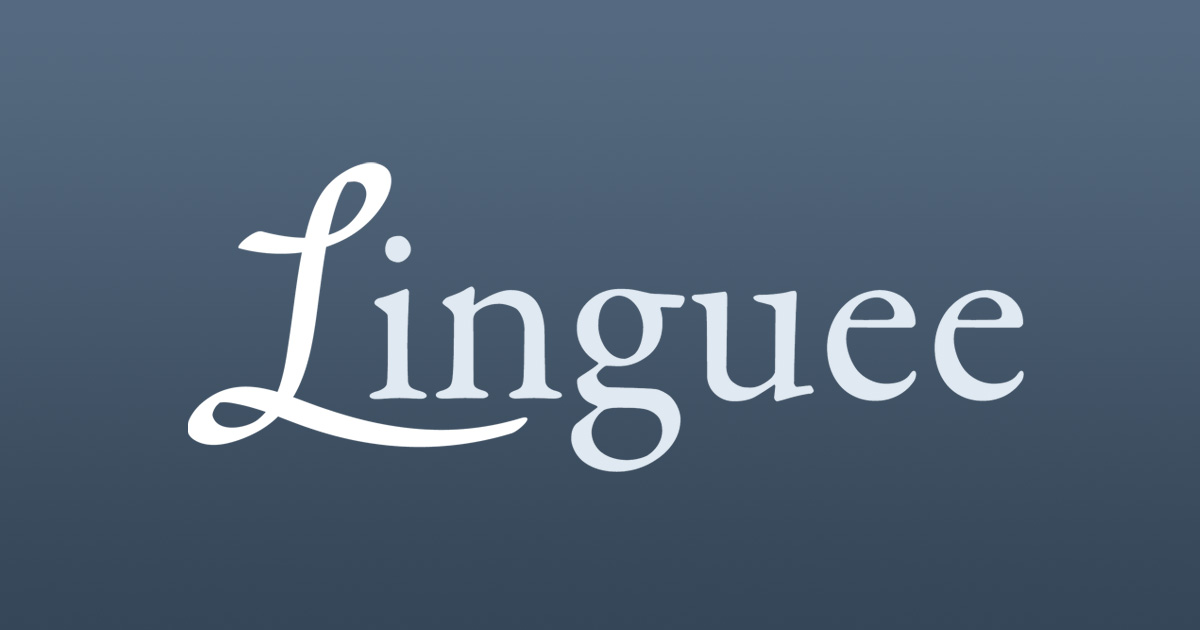Value added tax (VAT) is a consumption tax placed on a product whenever value is added at each stage of the supply chain, from production to the point of sale. This taxation system is implemented in several countries around the world, although it is most commonly known as a French VAT.

Table Of Content:
- French Translation of “vat” | Collins English-French Dictionary
- Value-Added Tax (VAT) Definition
- Vat definition and meaning | Collins English Dictionary
- vat - WordReference.com Dictionary of English
- French definition, synonyms | French dictionary | Reverso
- comment vas-tu - Translation into English - examples French ...
- What Does TTC on a French Receipt Mean?
- Value-added tax - Wikipedia
- The Balance Sheet in French Standards translated into English ...
- customs vat - French translation – Linguee
1. French Translation of “vat” | Collins English-French Dictionary
https://www.collinsdictionary.com/dictionary/english-french/vat
2. Value-Added Tax (VAT) Definition
https://www.investopedia.com/terms/v/valueaddedtax.asp/shutterstock_150346775-5c5775c946e0fb0001be6f3d.jpg)
3. Vat definition and meaning | Collins English Dictionary
https://www.collinsdictionary.com/dictionary/english/vat
4. vat - WordReference.com Dictionary of English
https://www.wordreference.com/definition/vatvat - WordReference English dictionary, questions, discussion and forums. All Free.
5. French definition, synonyms | French dictionary | Reverso
https://mobile-dictionary.reverso.net/en/french-definition/
Let's say you look up the French translation of an English word and you don't know the precise nuances of some of the French words given as translations. Simply ...
6. comment vas-tu - Translation into English - examples French ...
https://context.reverso.net/translation/french-english/comment+vas-tu
Translations in context of "comment vas-tu" in French-English from Reverso Context: comment tu vas, comment tu vas faire.
7. What Does TTC on a French Receipt Mean?
https://www.thoughtco.com/ttc-vocabulary-1371422/typical-street-in-paris--notre-dame-area-622577708-5c1ff11f46e0fb00017f425a.jpg)
8. Value-added tax - Wikipedia
https://en.wikipedia.org/wiki/Value-added_tax
9. The Balance Sheet in French Standards translated into English ...
https://www.frenchbusinessadvice.com/Balance-sheet
10. customs vat - French translation – Linguee
https://www.linguee.com/english-french/translation/customs+vat.html
What is a French VAT?
A French VAT, or value-added tax, is a consumption tax applied to products and services throughout the supply chain in France. It is based on the value added by suppliers when a product or service changes hands for onward sale or use.
How does a French VAT work?
The French VAT works by adding taxes to the price of goods and services while they are being passed through various stages of production. This means that when consumers buy these goods or services, they will have to pay the total amount (the price + taxes).
What is the current rate of French VAT?
The current standard rate of French Value Added Tax (VAT) stands at 20%. There are also reduced rates of 10% and 5%, which apply to certain supplies such as food, books and medicines.
Are there exemptions from paying French VAT?
Yes, some products and services may be exempt from paying French Value Added Tax (VAT). These include essential items such as basic foodstuffs and medical supplies.
Who collects payment for French VAT?
Payment for French Value Added Tax (VAT) must be collected by businesses from their customers at each point in the supply chain. Businesses then pass this money on directly to the appropriate authorities.
Conclusion:
In summary, Value Added Tax (VAT) is an important source of revenue for many countries around the world - especially in France where it has been used since 1954. It works by taxing consumers at every stage of production within the country’s economic process; however there are certain exemptions that can be made depending on the type of product involved.
